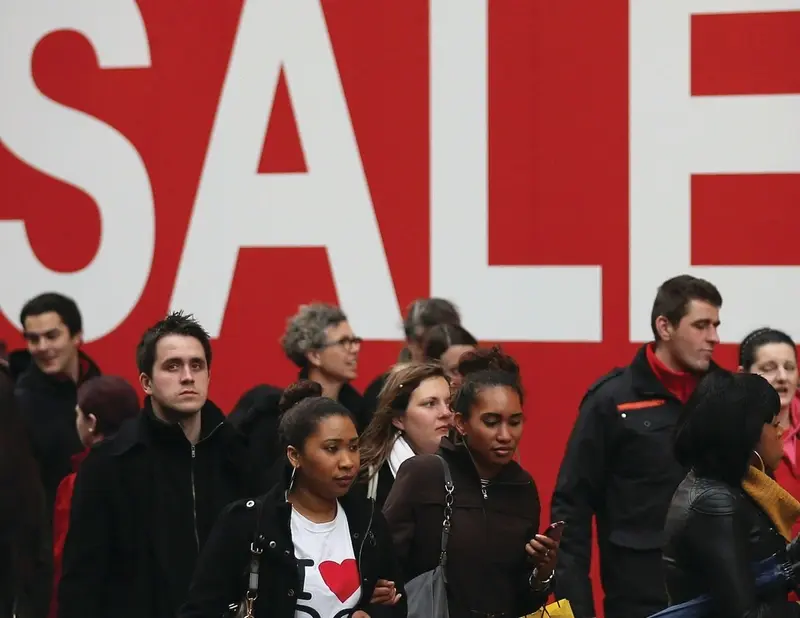
The consumer and health care space is a diverse grouping which includes companies which sell goods and services to us as well as those which help take care of our health needs.
What’s included in this sector: It includes all the companies which have direct contact with us as consumers (and sometimes patients). As such it is easy to see how many of these businesses operate. For example your local supermarket might be listed on the stock market and you can see if it looks busy or empty every time you do your weekly shop.
The industry: Retail, travel and leisure and food and beverage stocks are all driven by consumer demand while healthcare companies are impacted by longer term demographic changes.
Risk profile: This varies across the sector. General retailers, travel operators and pubs are impacted by what is going on in the economy. If people feel confident they are more likely to spend money with these businesses but when household budgets are tighter retail companies in particular can come under significant pressure. Healthcare companies are generally seen as being lower risk because demand for their products is not really affected by the economy.
The objectives you might have for investing in this sector: Large healthcare companies are seen as being defensive investments because people will still need medicine even if the economy goes off course. However there are smaller bio-technology companies developing new drugs which can be much higher risk but promise the potential for more significant growth if their drugs prove successful. Retail and travel and leisure stocks are largely a play on the economy and will perform well when consumer confidence is high.
Higher profile companies in this sector:
GlaxoSmithKline (GSK) - Among the world's largest pharmaceutical companies, headquartered in Brentford
Compass (CPG) - Provides catering services to companies as well as operating food outlets in transport hubs
Tesco (TSCO) - Supermarket operator, currently being squeezed by discounters like Aldi and Lidl and high-end operators like Waitrose and Marks & Spencer
EasyJet (EZJ) - Low cost airline focused on Europe
Affected by:
Interest rates
Consumer confidence
Demographics
A strong economy tends to mean good demand for the goods and services provided by consumer-focused companies. If people are confident in their earning potential they are more likely to spend money on non-essential items. Interest rates are also important because they affect how much of a person's pay is allocated to mortgage repayments or other borrowings. The healthcare sector is impacted by demographic changes, in particular an ageing population in the UK with greater need for drugs and medicines.
Affects:
GDP growth
Resources
As retail is a significant part of the wider economy, how much people are spending in shops has a direct impact on the UK's economic growth. Levels of consumer demand also have implications for resources stocks as they source the commodities used to manufacture goods or fuel the jet planes which take you on holiday.
Numbers to watch out for:
Like-for-like sales - A comparison of this year's sales to last year's sales which only includes the shops or premises operating during both time periods
Consumer confidence index - a measure of how consumers feel about the economy
Revenue per available room - Is used by hotels to measure how much money they are making from each room
Sales per head - total sales divided by number of customers
Footfall - The number of people visiting a shop or a chain of shops in a period of time




